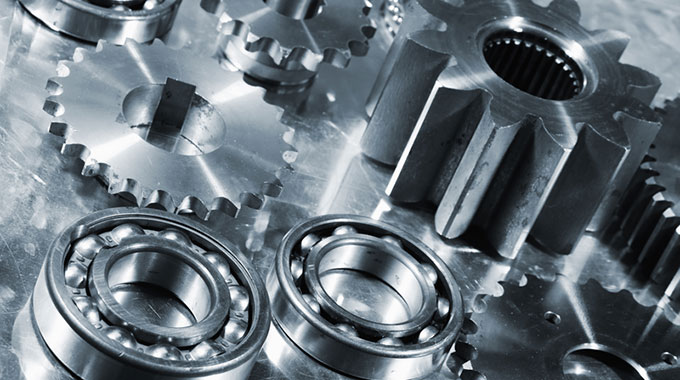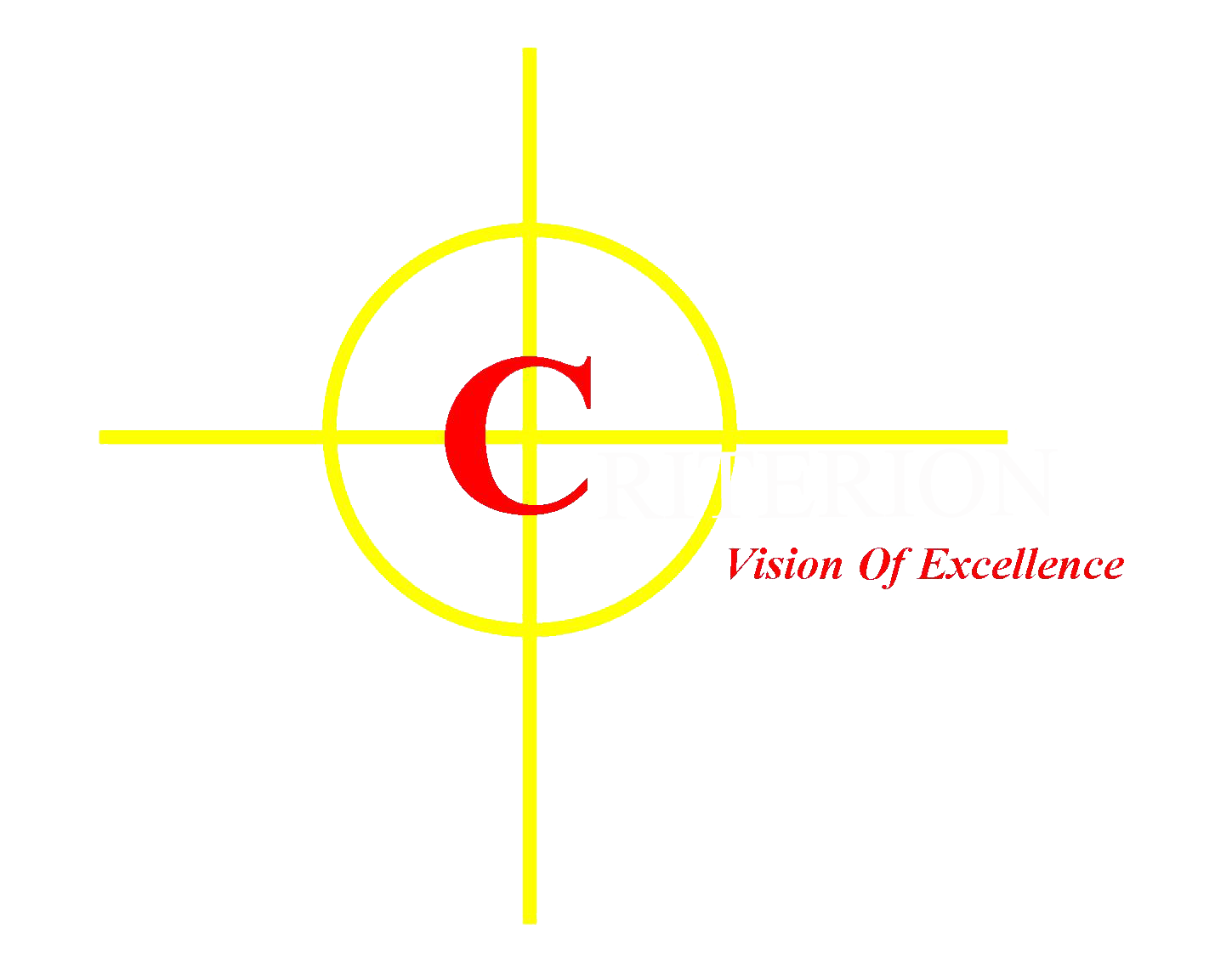
Navigating the Challenges of Manufacturing in “No Failure” Industries
In the realm of manufacturing, there are certain industries where failure is simply not an option. These “No Failure” industries include aerospace, medical device manufacturing, photonics, and defense. In these critical sectors, the importance of precision, quality, and reliability is paramount, and even the smallest defect can have catastrophic consequences. Let’s explore the significance of manufacturing in these industries and the unique challenges they face in maintaining their high standards.
- Aerospace
The aerospace industry involves the design, development, production, testing, and maintenance of aircraft, spacecraft, and related systems. Whether it’s a passenger plane or a satellite, the safety of human lives and valuable assets hinges on the perfection of each component and system. - Medical Device Manufacturing
Medical devices, including surgical instruments, diagnostic equipment, and implantable devices, are used to save and improve lives. These devices must meet stringent quality standards to ensure patient safety and the effectiveness of medical treatments. - Photonics
Photonics is the science and technology of generating, controlling, and detecting photons, which are particles of light. It plays a pivotal role in various industries, including telecommunications, healthcare, and defense. In applications like optical communications, a single error can disrupt critical data transmission. - Defense
In the defense sector, military equipment, ranging from weapons to communication systems, must operate flawlessly in high-stakes situations. Failure can lead to loss of life, failed missions, or security breaches.
The Importance of Manufacturing in “No Failure” Industries
Manufacturing in “No Failure” industries is not just about producing goods; it’s about ensuring the safety and security of individuals, organizations, and nations. These industries demand precision and reliability because the stakes are incredibly high:
- Safety
In aerospace and medical device manufacturing, safety is paramount. Faulty components or systems can lead to accidents or harm to patients. The consequences of failure can be severe and even life-threatening. - Security
The defense industry plays a crucial role in national security. Reliable equipment is essential for the protection of a nation’s interests and citizens. - Data Integrity
In photonics and optical communications, data transmission must be accurate and secure. Even minor errors can lead to data loss, financial losses, or privacy breaches.
Challenges Faced in Maintaining High Standards
Manufacturing in “No Failure” industries is a formidable task, laden with unique challenges:
- Stringent Regulations
These industries are heavily regulated. Regulatory bodies set rigorous standards to ensure quality and safety. Manufacturers must adhere to these standards or face severe legal and financial repercussions. - Advanced Technology
“Failure is not an option” often necessitates the use of cutting-edge technology. Keeping up with rapidly evolving technology can be a considerable challenge for manufacturers. - Cost of Failure
The cost of failure in these industries is exorbitant. Whether it’s a recall of a medical device, a defense equipment malfunction, or an aerospace accident, the financial and reputational consequences are monumental. - Supply Chain Vulnerability
The supply chain for critical components and materials can be complex and global. Disruptions in the supply chain can have cascading effects on production and quality. - Skilled Workforce
A workforce with the right skills and expertise is essential. Recruitment and training to maintain high standards can be a continuous challenge.
Manufacturing in “No Failure” industries is a high-stakes game where precision, quality, and reliability are non-negotiable. The importance of these industries in our daily lives, national security, and technological advancement is empirical. Navigating the challenges and maintaining high standards is a constant endeavor, but it is one that is essential for our well-being, progress, and safety. In these industries, the motto remains clear: “Failure is not an option.”
